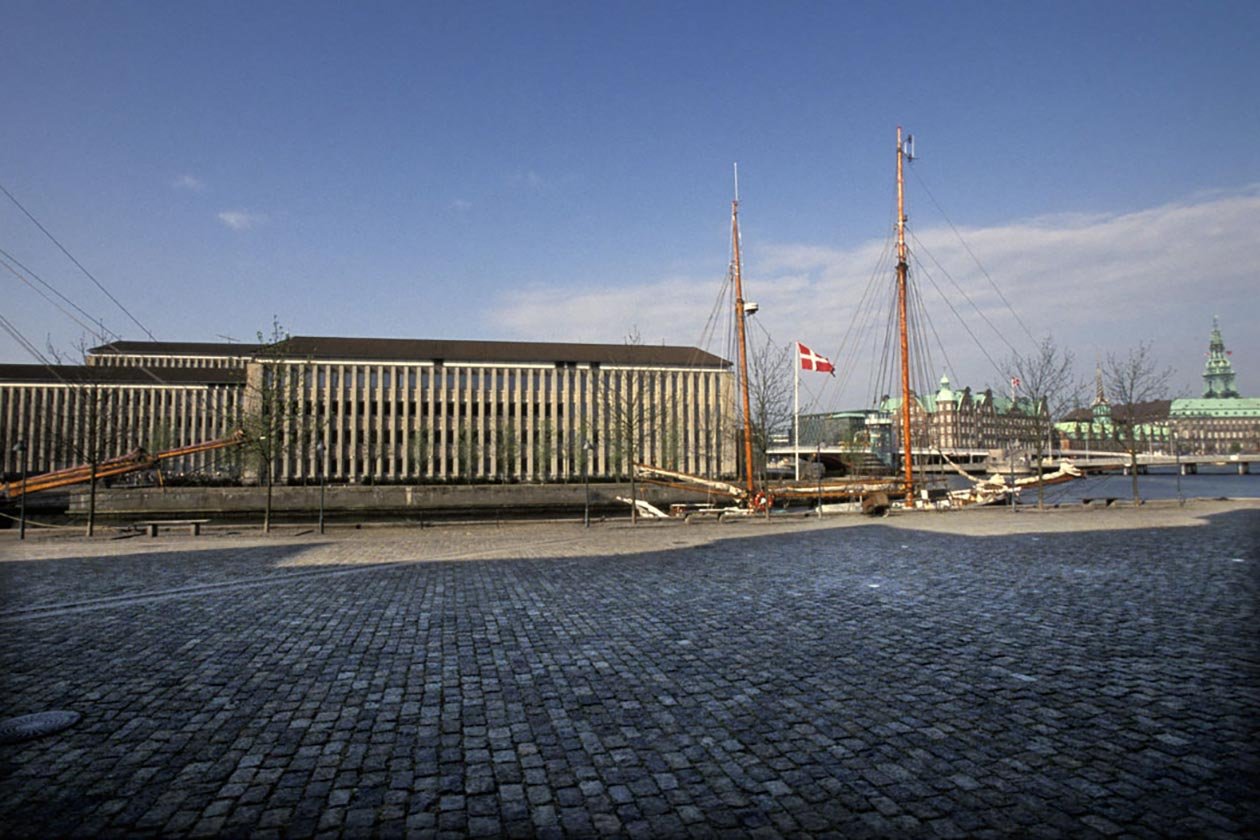Twenty years after Denmark last held a seat on the UN Security Council, the country will be returning as a member of the world’s most powerful body on 1 January 2025. Thursday afternoon in New York, Denmark was elected to the Security Council together with Somalia, Pakistan, Panama and Greece. Denmark will sit as a member of the Security Council from 1 January 2025 until 31 December 2026.
“It is a big day for Danish foreign affairs. Since 2009 – and under changing governments – Denmark has worked to earn a seat on the Security Council. With today’s result, we have received support from the vast majority of the UN’s member states. This honour brings great responsibility. It is still the UN that we turn to when we need to find solutions to the major global crises. In a time of challenged relations between the permanent members of the Security Council, Denmark will seek dialogue, build bridges and cooperate with fellow member to find compromises and solutions,” says Minister for Foreign Affairs Lars Løkke Rasmussen.
This marks the fifth time that Denmark takes a seat at the iconic horseshoe-shaped table in the Security Council.
In Denmark’s forthcoming term of office, the UN will celebrate its 80th anniversary and elect a successor to Secretary-General Antonio Guterres. The UN General Assembly elects the new Secretary-General on the recommendation of the Security Council.
As a member of the UN Security Council, Denmark has identified one cross-cutting and three thematic priorities,
The cross-cutting priority is:
- Standing up for international law, including international humanitarian law, and pushing for a more accountable, effective and representative security council.
The three thematic priorities are:
- Adapting conflict responses and prevention to new realities
- Addressing the effects of climate change on peace and security
- Implementing the women peace and security agenda

